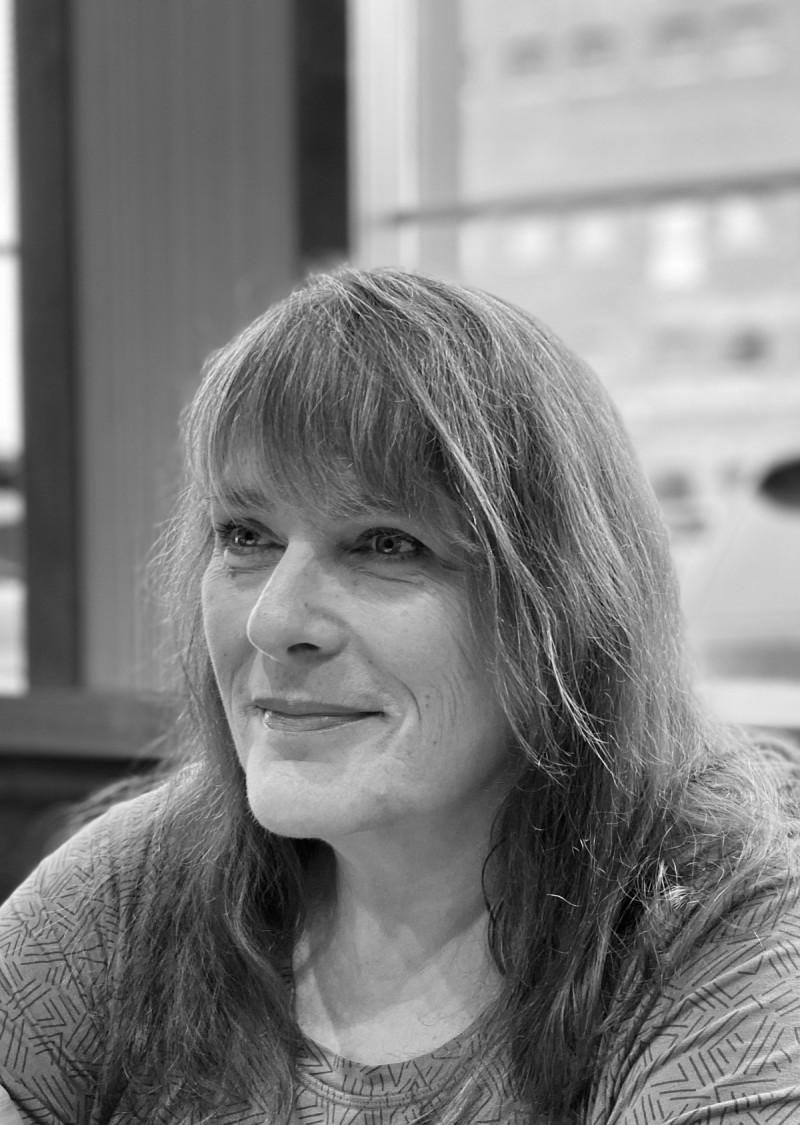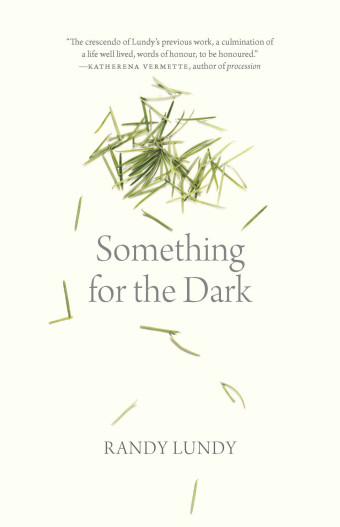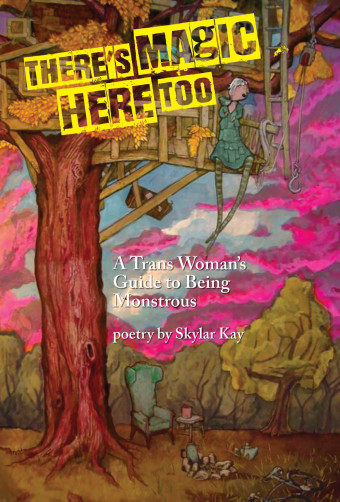For ky perraun, the relationship between poetry and mental illness has been lifelong.
“I find [writing poetry] therapeutic and, I hope, it allows the reader insight into another’s psyche and perhaps a sense of shared experience,” she says.

- Miraculous Sickness
- ky perraun
- At Bay Press
- $19.95 Paperback, 152 pages
- ISBN: 978-19-88168-57-9
Edmonton-based perraun had a diagnosis confirmed and began treatment for schizophrenia, clinical depression, and anxiety in 2001. She says that receiving her diagnosis was like having a weight lifted from her.
“Understanding my illness was a great consolation,” she says. “It was not a character defect; it was a diagnosable illness.”
Now, with her new collection of poetry, Miraculous Sickness, perraun hopes to help readers understand the nature of schizophrenia and how it has been perceived throughout history. She writes about her own personal experiences, as well as past methods of treatments and cures, which doctors often used as thinly veiled excuses to abuse patients.
For an accurate look into these practices, perraun turned to old journals and well-researched accounts, like Andrew Scull’s Madness in Civilization: A Cultural History of Insanity, from the Bible to Freud, from the Madhouse to Modern Medicine. These texts include the stories of patients who suffered horrors at the hands of doctors and about whom perraun writes as “peers.”
One of these patients, a woman whose only indication of illness was that she hated her husband, appears in “I Do Not Wish to Be Called Mrs.” As part of her treatment, she was blasted with approximately 15 tons of water over 90 minutes. She was deemed cured when she agreed to go back to her husband: “In order to save my life I go back to him. / I pretend I am glad.”

With poems like these, perraun interrogates the notions of “treatment” and “cure.”
“That particular poem struck a chord with all of the women I shared it with,” she says. “I remember reading the account of the woman treated, and being appalled. It was obvious that the benchmark of her ‘cure’ was her willingness to be an obedient and docile wife, to which end she was subjected to torturous ‘treatment.’
“Physicians and other healers have always wanted to find a cure for schizophrenia, of course. Throughout the ages, various treatments, some quite barbaric, were touted as cures – everything from drilling holes in the patients’ skulls to removal of organs, lobotomies, insulin shock – the list goes on. What became evident was that no true cure had been discovered, and research and experimentation continued.”
She also wants to educate readers on the realities of the current mental health system.
“While modern-day treatment is humane, and the recovery model allows for strength-based treatment, there are still cases of mistreatment of patients,” she says. “While I am grateful for the treatment and kindness I have received at the hands of the mental health system, there is much room for improvement.”
Poetry is a constant in perraun’s life, and she writes it through times of both illness and health. As she writes in “Poet Enough,” she strives to be “poet / enough to give voice to those whose silence screams / to be acknowledged.”













